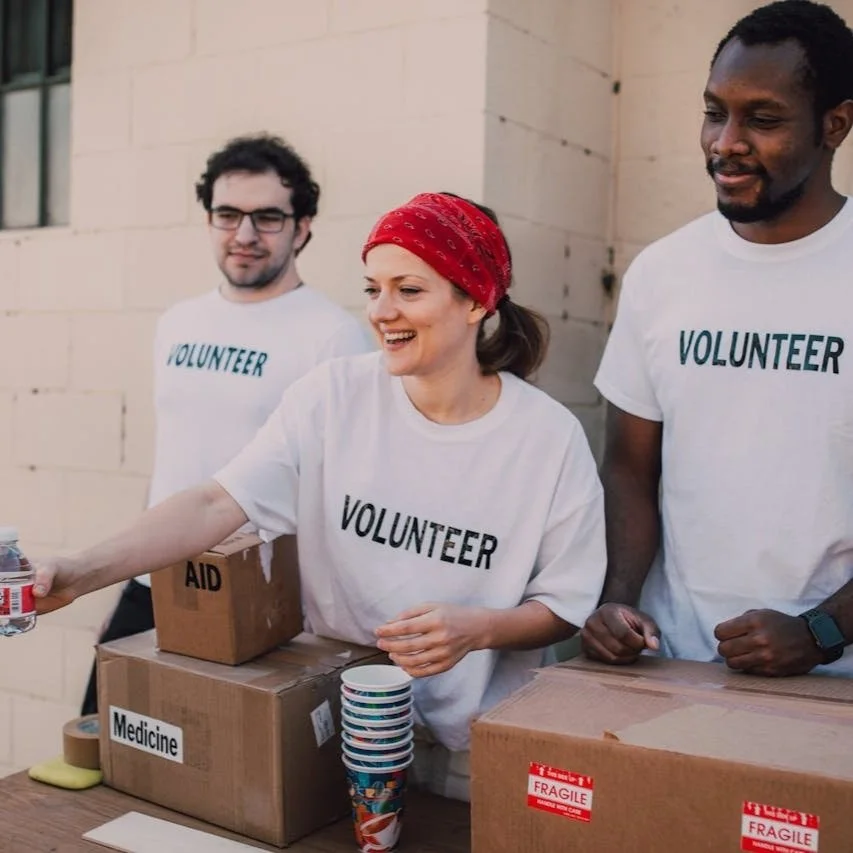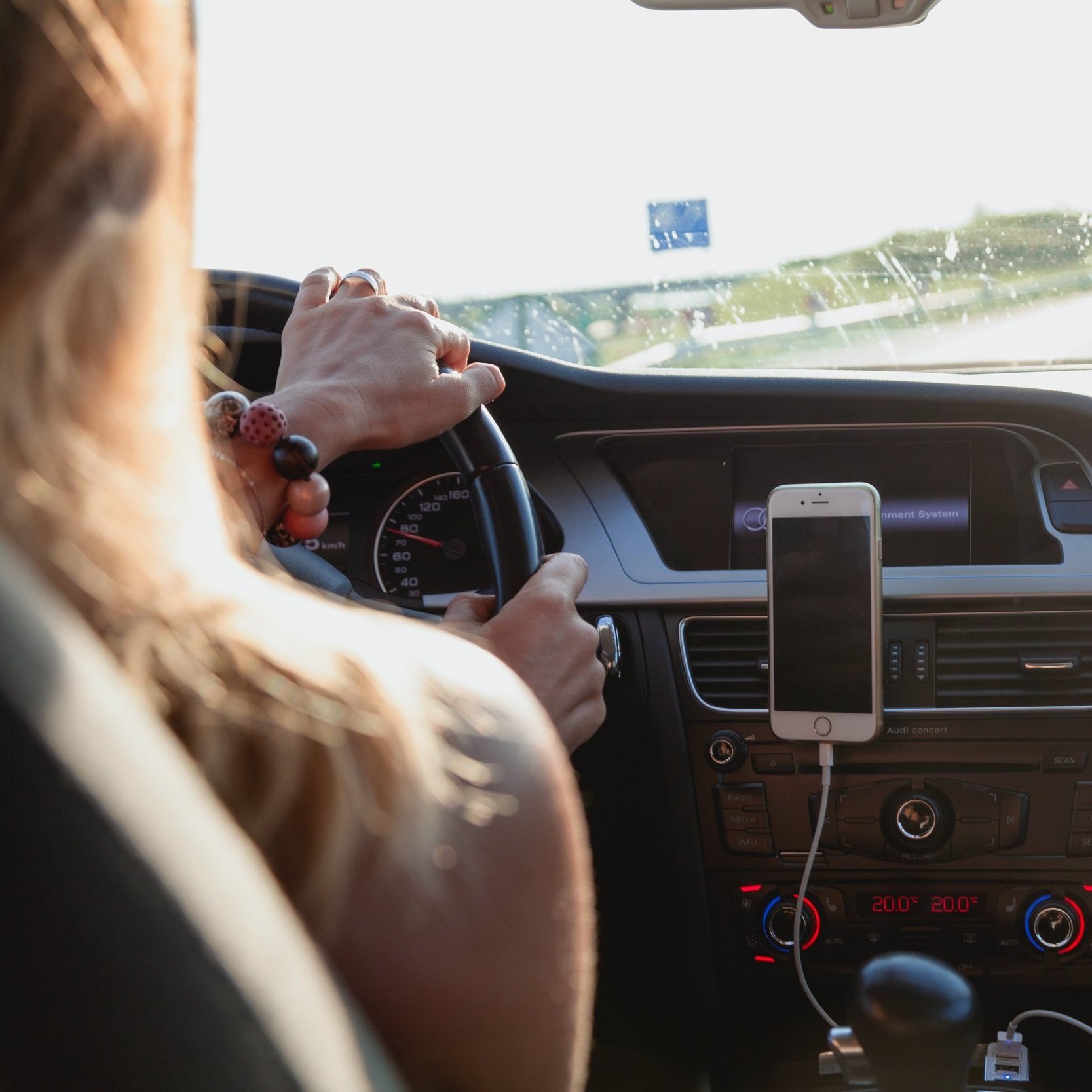The Real Reason Los Angeles Traffic Is So Frustrating
There's a shared sentiment about traffic among Angelenos and tourists alike. It grinds gears and triggers eye rolls. We all know it's bad. But why does sitting in LA traffic make even the most patient of us so irritable?
Mind vs. Road: The Struggle of Effort vs. Progress
Our brains are doing complex calculations all day long. The prefrontal cortex, our mental accountant, measures the effort we're putting in against progress made. This plays out everywhere, even while we're sitting in traffic. As the car inches forward, our brain calculates the toll of time and energy against the sluggish crawl. When traffic is bad, the calculation doesn't look so good. Your brain starts questioning why you're putting in so much effort for the meager progress returns. In bumper-to-bumper LA traffic, the time and energy we're putting in clearly isn't paying off. It's not just a matter of physical effort; it's the toll on your mental stamina and the frustration that builds with each inch forward.
In simpler terms, your brain questions whether the time spent in traffic is worth the progress made. And it’s a fair question.
Why Empty Roads Feel So Good
When the roads are clear and traffic-free, our brain undergoes a noticeable shift. Nothing feels quite like budgeting 30 minutes and arriving in 20. That's because the prefrontal cortex finally catches a break. With smooth sailing, the brain can shift its focus from the complexities of slow progress to a more relaxed state. The brain's energy is freed up for more enjoyable things. It's a sigh of relief when the prefrontal cortex can take a break from its calculations.
Mindfulness: A Survival Hack for the Los Angeles Commuter
Mindfulness is the art of being present and fully immersed in the current moment. In traffic, it can be very useful. Shifting our focus to the now—feeling the grip of the steering wheel, tuning into the rhythm of our breath—creates a mental refuge amid the road chaos.
You might think that being present to the reality of traffic would make frustration worse. But think again. What's actually causing the frustration is the fact that you haven't yet reached your destination. When you remove focus on the destination, you can be present and calm.
Mindfulness allows us to feel the frustration without letting it hijack our emotional dashboard. Suddenly, the traffic isn't an annoyance; it's a chance for a mindfulness session in the midst of chaos.
Beyond Mindfulness: How To Make LA Traffic Less Frustrating.
Mindfulness isn't a plug-and-play solution. There are some days we just can't find the focus or energy. Here's a stash of strategies to build tolerance in the face of Los Angeles traffic.
Create Meaning While You Commute
We want you to consider your commute as time to devote to something that's important to you. Is it your friendships? Your career? Your partnership? Another cause you care about? Find a way to make your commute meaningful. Just because you're driving doesn't mean the time is wasted. Is there someone you want to talk to more often? Connect with a friend going through a hard time? Learn about something your spouse cares about? There are plenty of ways to maximize the time to align with your values.
This way, every minute spent in traffic isn't a minute spent in traffic. It's a minute filled with purpose and connection. It's a minute getting you closer to a fulfilling life.
You can also consider carpooling with colleagues or friends. Sharing the ride not only reduces traffic congestion but introduces a social element. Carpooling also eases the burden of solitary driving. Carpooling provides an opportunity for conversation and connection, which can alleviate feelings of isolation. With the right people, it can also make the commute more enjoyable and less frustrating.
Create a Playlist or Podcast Queue
Curate a playlist or line up interesting podcasts to make your drive entertaining. A good soundtrack or podcast diverts your attention from the frustration and makes time spent in traffic feel more productive. With the right content, you might find yourself sitting in your driveway listening for a few minutes after you arrive.
Explore Alternate Routes or Travel Times
If you can, experiment with different routes or travel times to avoid peak congestion hours. Finding less congested paths or traveling during off-peak hours can reduce the stress associated with traffic. Even a single beautiful vista or landmark can enhance your drive. Altering your route or schedule can break the monotony of being stuck in traffic, offering a sense of control.
Turn Your Commute into a Learning Opportunity
Use audiobooks or educational podcasts to turn your commute into a learning experience. Engaging your mind with informative content transforms the time spent in traffic into an opportunity for personal growth.
Why it's helpful: Channeling your mental energy into learning not only distracts from the frustration of slow progress but also transforms your commute into a productive and intellectually stimulating part of your day, making the journey more fulfilling.
Therapy: Navigating Frustration in the Fast Lane
To be clear, we don't recommend trying to do therapy while driving. It's not safe to be on a video call while you your car is movie. But outside of commute time, for those looking to dig deeper into their frustration, online therapy offers an avenue for exploration. Therapists can help unpack daily stressors beyond traffic, and offer practical strategies.
If frustration is your constant passenger and you're craving some support, schedule a free consultation. Our Los Angeles therapists are here to steer you towards greater emotional resilience. Your road to well-being starts with a no-pressure conversation.





















